A statement[1] regarding a meeting held in Glendale, California/USA on 12 February 2025, attended by representatives of the Social Democrat Hunchakian Party (SDHP), the Armenian Revolutionary Federation (Dashnaktsutyun-ARF), and the Armenian Democratic Liberal Party (ADL) has once again laid bare the long-standing political agenda of the Armenian diaspora. The text in question stands out as a propaganda tool shaped by emotional rhetoric and ideological discourse, far removed from historical reality. From the perspective of international relations, the genocide allegations and demands put forth in the text rely on a biased narrative detached from historical context and ignore the past shady activities of the afore-mentioned Armenian organizations.
First and foremost, entities such as the Hunchak and Dashnak organizations mentioned in the text are historically known not merely as political parties but also for their terrorist activities. Starting from the late 19th century, these organizations launched rebellions against the Ottoman State, committing massacres not only against Turkish and Muslim villages but also targeting non-Muslims and civilians with the aim of sowing chaos in the region. These actions made it inevitable for a state, under the conditions of the time, to act instinctually to protect its security, which became one of the factors that triggered the population transfer process known as the Armenian relocation and resettlement. Yet, the text completely bypasses this historical reality, presenting the events through a one-sided genocide narrative. From an international relations analysis viewpoint, it can be argued that such a narrative, by disregarding the complexity of historical events and mutual conflicts, serves only to construct an identity based solely on victimhood.
The text’s emphasis on “recognition of and reparations for the Armenian Genocide” is a typical reflection of Diaspora politics. However, these demands lack a solid foundation both in legal and historical terms. During the First World War, the measures taken by the Ottoman State against Armenian extremist terror groups that instigated rebellions behind the front lines and collaborated with enemy forces should be evaluated as a state reflex under wartime conditions. The losses incurred during this process were certainly tragic, but labeling this as a systematic extermination policy is a claim shaped not by historical documents but by political motives. Indeed, Ottoman archives and impartial research clearly reveal the attacks by Armenian gangs on the Turkish population and highlight that the relocation and resettlement was implemented for security reasons. In contrast, the text ignores these realities, aiming to turn Armenian victimhood into an international cause.
The reference to the Karabakh issue further demonstrates the text’s agenda within the current geopolitical context. Mentioning the “right of Karabakh Armenians to return to their homeland” is a discourse that disregards Azerbaijan’s sovereignty and reflects the expansionist ambitions of Armenian nationalism. This highlights that organizations like the Dashnaktsutyun, as in the past, still possess the potential to fuel regional instability today. Moreover, the mention of “political prisoners” held in Baku can be seen as an attempt by the Armenian side to cover up its responsibility for the Second Karabakh War. From a diplomatic standpoint, it is evident that such demands will not foster peace but rather provoke new conflicts.
The text’s accusation of Türkiye and Azerbaijan of pursuing “genocidal policies” is a classic otherization strategy. However, these accusations have long been questioned by academics and analysts who seek to examine historical events impartially. It is well-known that Türkiye acknowledges the losses during the First World War and views them as an inevitable but painful consequence of war. Its rejection of the genocide label represents not merely a defense of a historical fact, but also a resistance to political imposition. The Armenian diaspora’s effort to push its unscientific narrative onto international platforms is a propaganda tool aimed at cornering Türkiye diplomatically, often aligning with religious and political interests in the West.
In conclusion, this text reflects an attempt by Armenian political structures to use the genocide claims as a political lever, concealing their historical actions and placing the narrative of victimhood at the center. When considering the terrorist past of organizations like the Hunchaks and the Dashnaks, the credibility of such discourse is seriously questionable. In the context of international relations, instrumentalizing historical events through a one-sided interpretation will bring peace neither to Armenia nor to the region. True reconciliation is possible only if all relevant parties honestly acknowledge their historical responsibilities. This requires the Diaspora’s politics to abandon emotional rhetoric in line with the approach of the current administration in Armenia and to confront concrete realities.
*Image: https://asbarez.com/statement-by-three-armenian-national-political-parties/
© 2009-2025 Center for Eurasian Studies (AVİM) All Rights Reserved

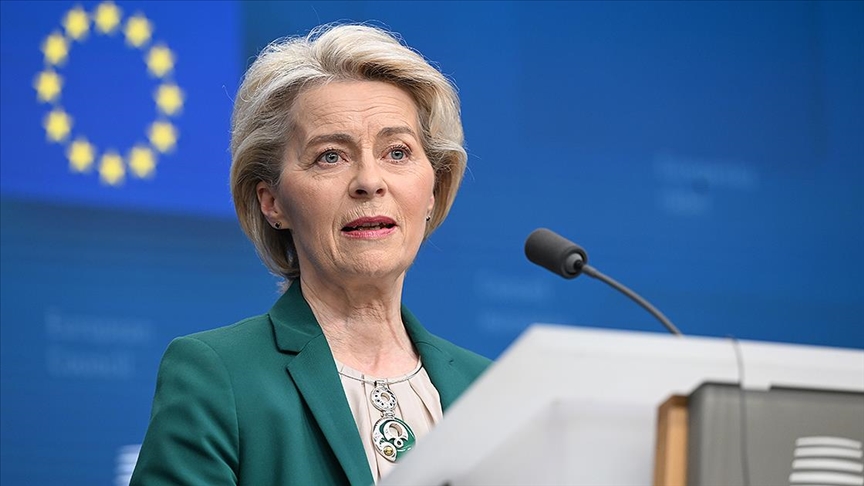 THE FUTURE OF EUROPEAN DEFENCE: SEEKING A NEW PATH IN THE SHADOW OF TRUMP POLICIES
THE FUTURE OF EUROPEAN DEFENCE: SEEKING A NEW PATH IN THE SHADOW OF TRUMP POLICIES
 MONTE MELKONIAN AND HIS TERRORIST IDENTITY
MONTE MELKONIAN AND HIS TERRORIST IDENTITY
REGIONAL COOPERATION POSSIBILITIES AND PROSPECTS FOR THE FUTURE IN THE CAUCASUS
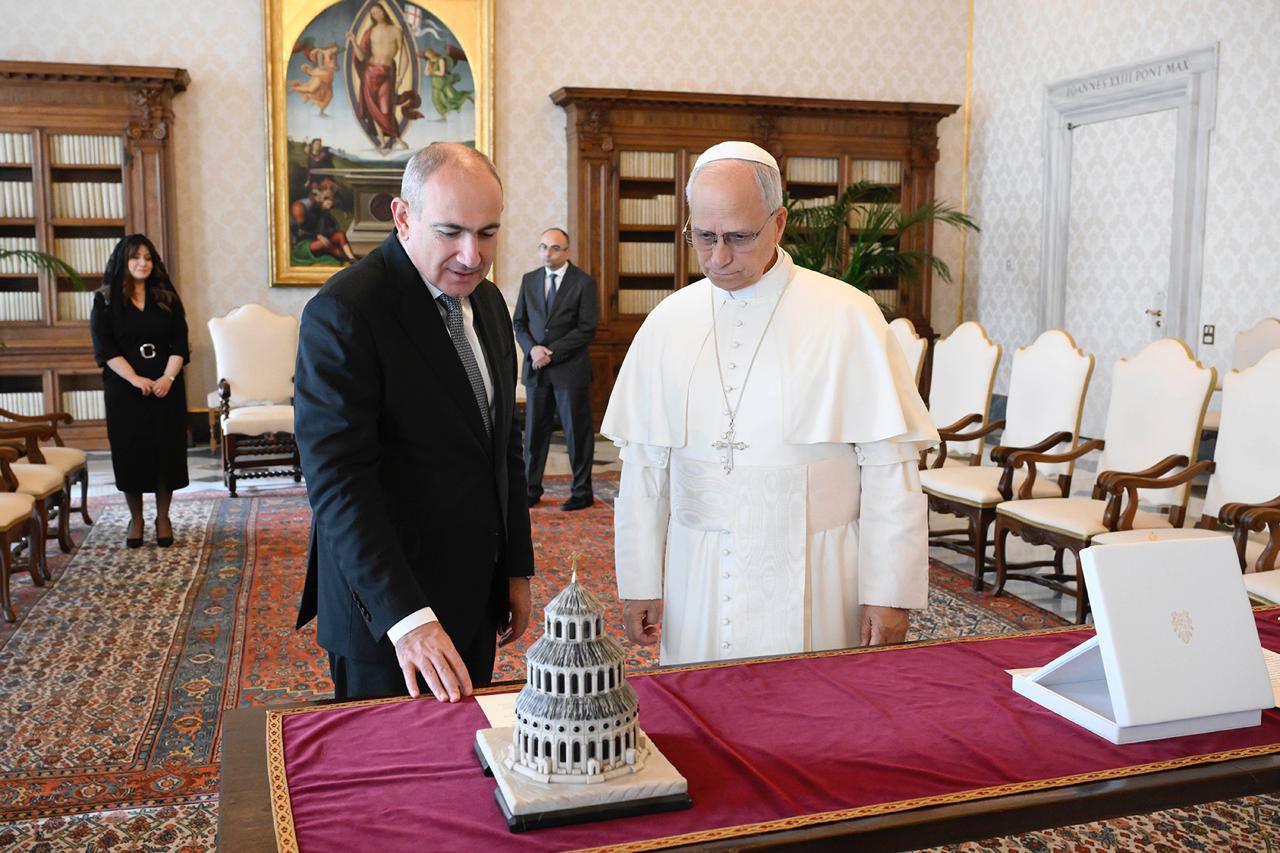 CHURCH-STATE TENSIONS IN ARMENIA: THE ARF’S HARSH RESPONSE AND ITS REGIONAL IMPLICATIONS
CHURCH-STATE TENSIONS IN ARMENIA: THE ARF’S HARSH RESPONSE AND ITS REGIONAL IMPLICATIONS
THE DECLARATION REGARDING ARMENIAN GENOCIDE ALLEGATIONS - Ömer Engin LÜTEM
 CONSTRUCTIVE EURASIANISM: REVISITING DEFINITIONS
CONSTRUCTIVE EURASIANISM: REVISITING DEFINITIONS
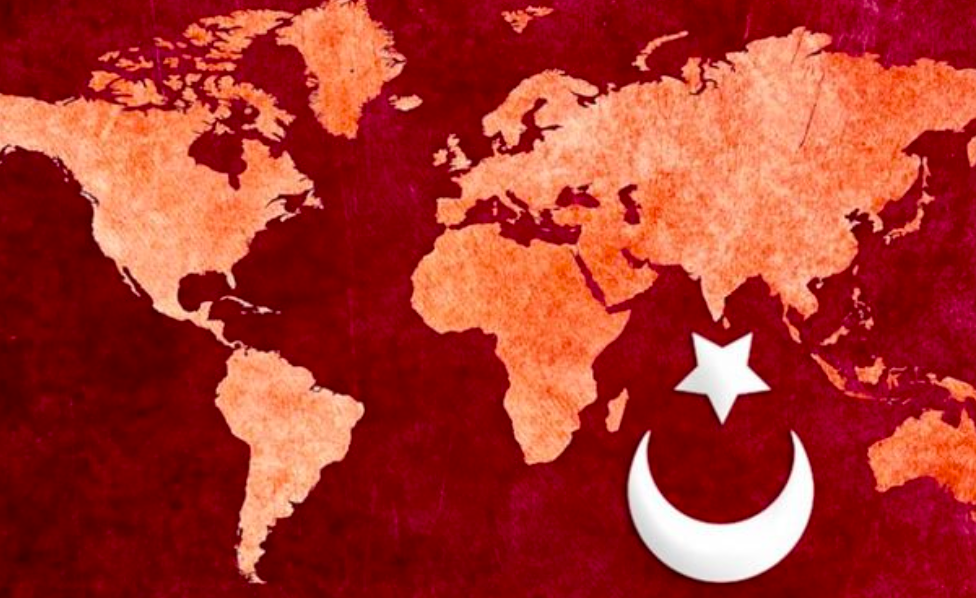 HOW SHOULD WE UNDERSTAND THE “CRIMSON APPLE”?
HOW SHOULD WE UNDERSTAND THE “CRIMSON APPLE”?
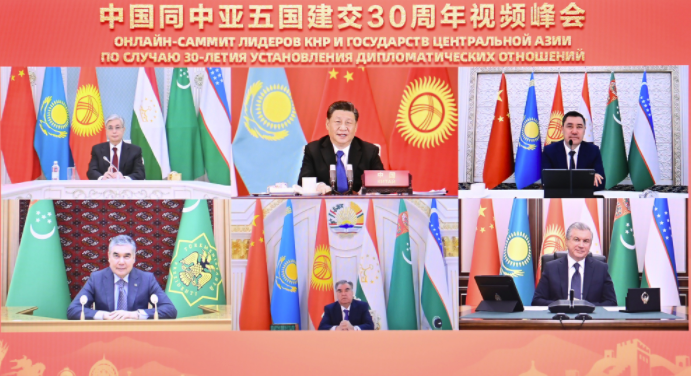 CHINA’S INTERACTION WITH CENTRAL ASIAN COUNTRIES IS INCREASING
CHINA’S INTERACTION WITH CENTRAL ASIAN COUNTRIES IS INCREASING
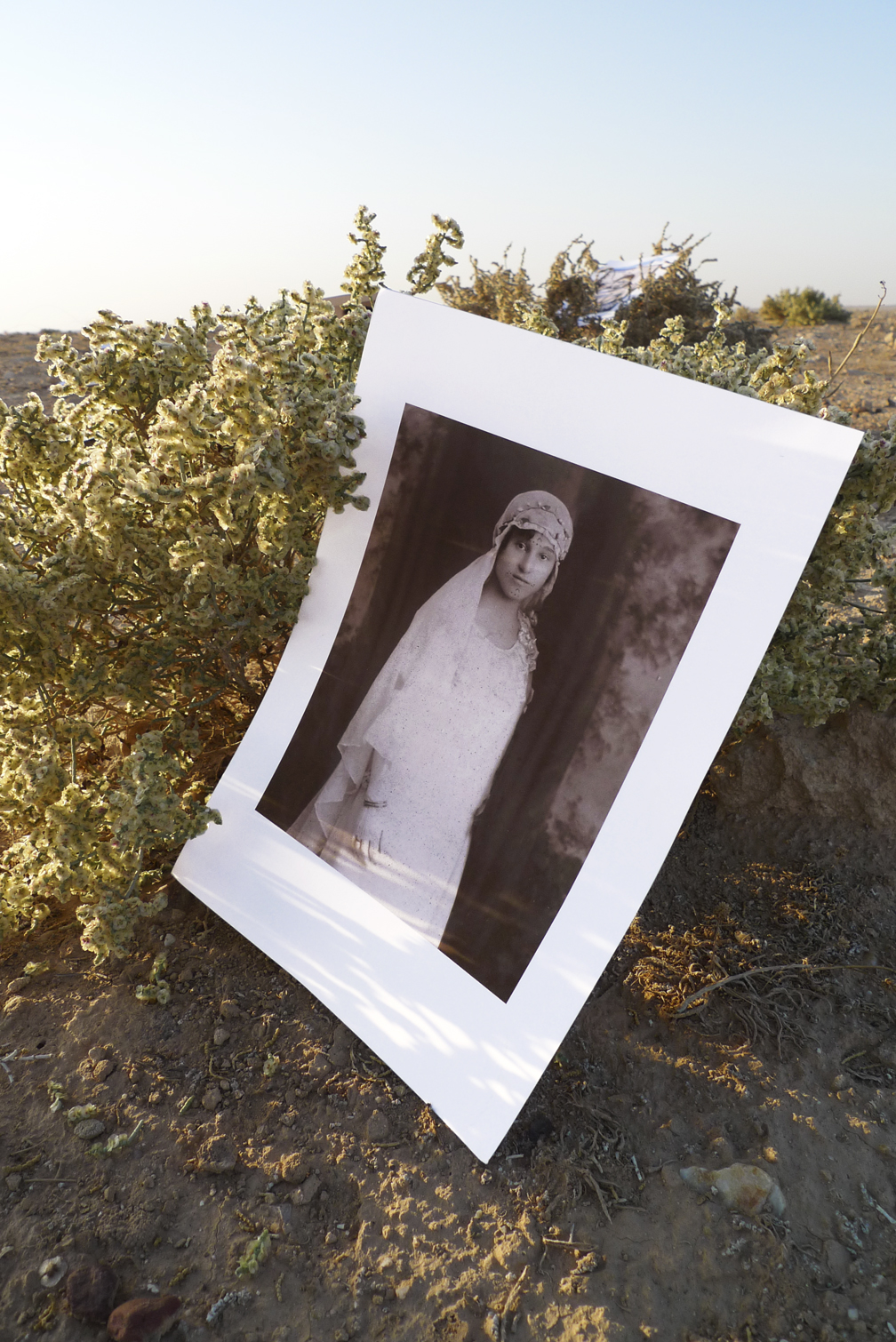 GRANDMA'S TATTOOS: ANOTHER FALSIFICATION
GRANDMA'S TATTOOS: ANOTHER FALSIFICATION




























